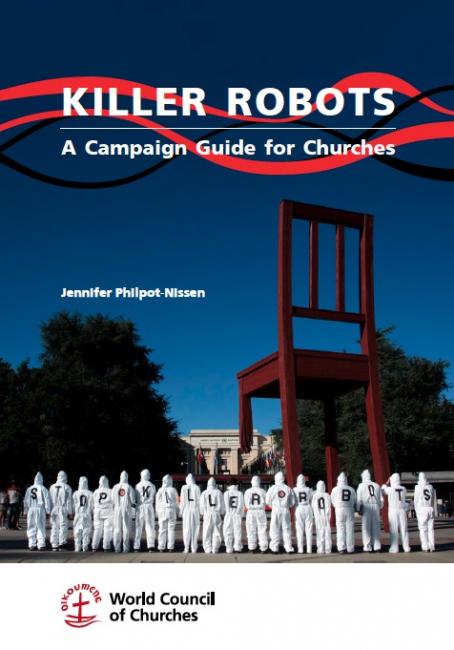Displaying 1 - 14 of 14
26 October 2023
HIV and AIDS Civil Society Networks and the Faith Sector
Lessons Learnt from Strategic Engagement in India, Dominican Republic, Indonesia, and Jamaica
31 January 2023
Called to Transformation - Ecumenical Diakonia
09 June 2022










